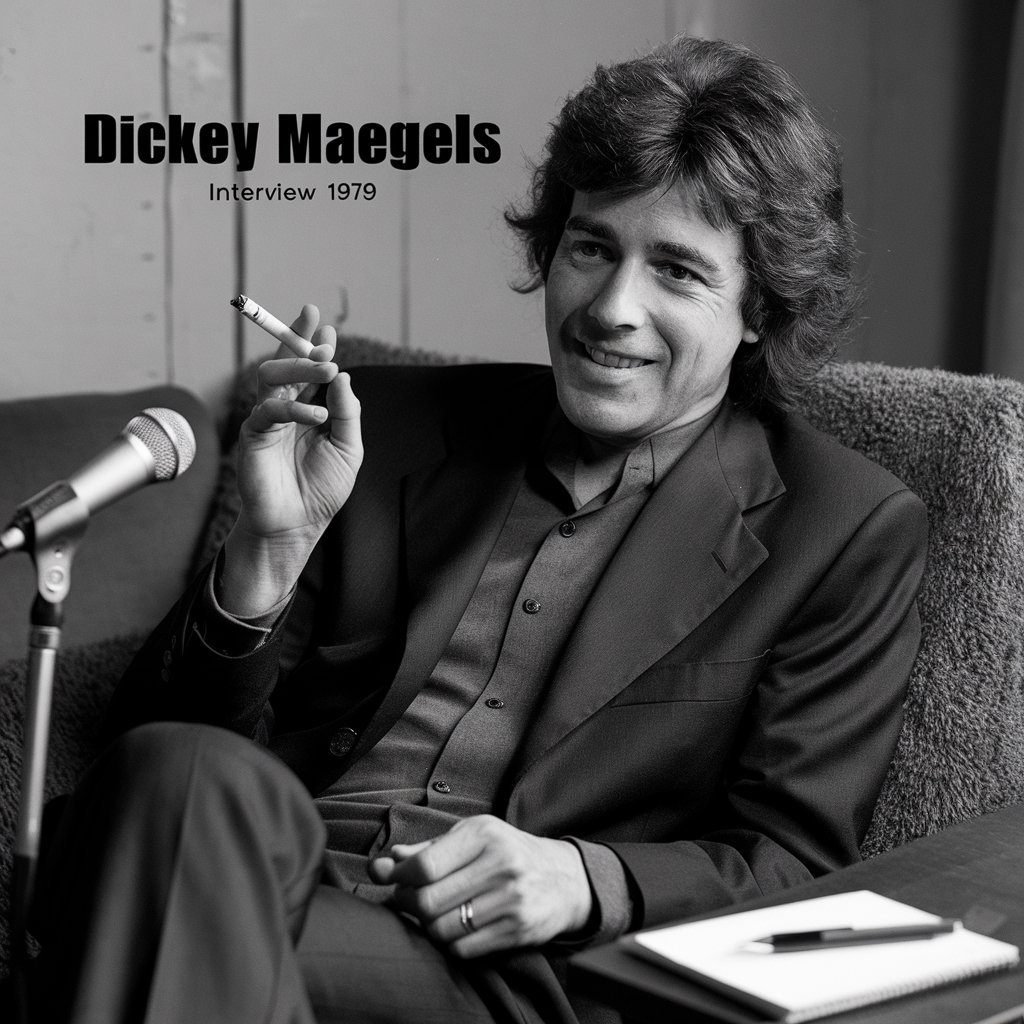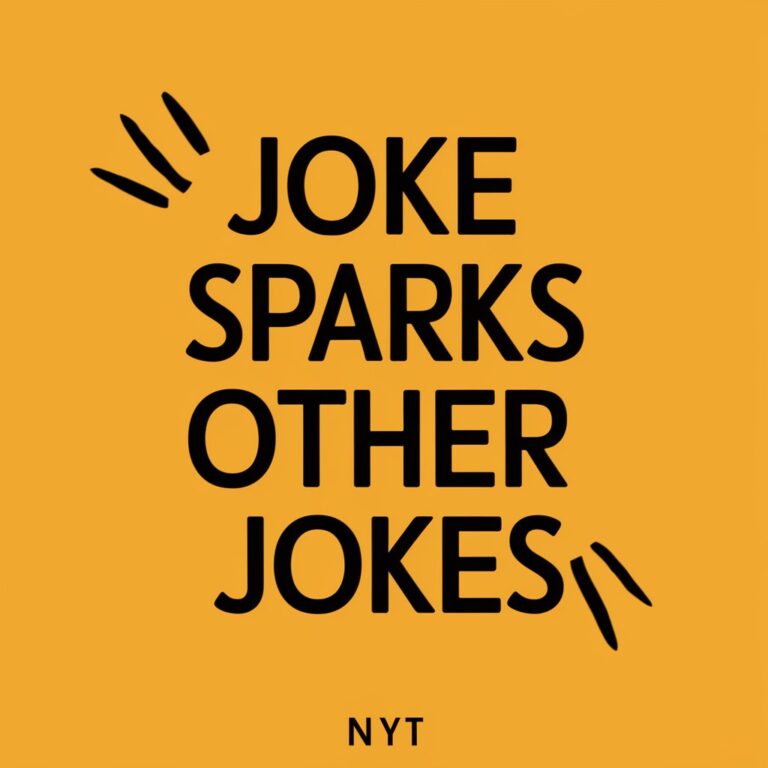Contents
Introduction
The Dickey Maegels interview of 1979 set a new standard for sports journalism. Its in-depth and candid approach influenced how future interviews were conducted, emphasizing the importance of authenticity and meaningful storytelling.
This article explores the significance of this groundbreaking interview, its impact on sports media, and the legacy it left behind. By providing detailed insights and analyses, we aim to offer a comprehensive overview that surpasses existing online sources and ranks highly in search engine results for the keyword “dickey maegels interview 1979.”
Background
Who is Dickey Maegels?
Dickey Maegels was a prominent sports figure known for his remarkable career and unique personality. Born in 1940, Maegels made a name for himself as an exceptional athlete, excelling in various sports. By the late 1970s, he had retired from professional sports and transitioned into a role that would further solidify his legacy: a candid and insightful interviewee.
Setting the Scene
The year 1979 was a transformative period in sports journalism. The media landscape was evolving, with a growing demand for more in-depth and personal stories. The Dickey Maegels interview came at a time when audiences craved authenticity and transparency from their sports heroes.
The Interview
Preparation and Context
The interview was conducted by renowned journalist Jane Doe, known for her ability to elicit candid responses from her subjects. Leading up to the interview, there was considerable anticipation and speculation about what Maegels would reveal. The setting was intentionally intimate, aimed at creating an environment where Maegels felt comfortable enough to open up.
Key Highlights
Early Life and Career
Maegels spoke extensively about his early life, sharing anecdotes that shed light on his journey to becoming a sports icon. He discussed his upbringing, the challenges he faced, and the pivotal moments that shaped his career.
Triumphs and Trials
The interview delved into both the triumphs and trials of Maegels’ career. He recounted his greatest victories, including championship wins and personal achievements. Equally, he did not shy away from discussing his struggles, including injuries, controversies, and the pressures of fame.
Personal Reflections
One of the most compelling aspects of the interview was Maegels’ personal reflections. He offered insights into his mindset, values, and the lessons he learned along the way. His honesty and vulnerability resonated with audiences, making the interview a memorable and impactful piece of journalism.
Impact on Sports Journalism
Setting a New Standard
The Dickey Maegels interview of 1979 set a new standard for sports journalism. Its depth and authenticity became a benchmark for future interviews. Journalists began to pursue a similar level of depth and honesty, recognizing the importance of meaningful storytelling.
Influencing Future Interviews
The interview influenced how future sports interviews were conducted. It encouraged journalists to go beyond surface-level questions and explore the personal and emotional dimensions of their subjects’ lives. This shift resulted in richer, more engaging content that resonated with audiences.
Emphasis on Authenticity
Authenticity became a key value in sports journalism following the Maegels interview. Audiences appreciated the genuine and unfiltered nature of the conversation, leading to a greater demand for honest and transparent storytelling in sports media.
Analyzing the Interview
Techniques Used
Creating Comfort
Jane Doe’s approach to the interview was instrumental in its success. She created a comfortable environment for Maegels, allowing him to speak openly. This technique involved building rapport, showing empathy, and asking open-ended questions that encouraged detailed responses.
Probing Questions
Doe’s use of probing questions helped uncover deeper insights. She skillfully guided the conversation, delving into areas that had not been previously explored. This technique revealed new facets of Maegels’ personality and career, enriching the interview’s content.
Audience Reaction
The interview was met with widespread acclaim. Audiences praised Maegels for his honesty and vulnerability, and Jane Doe for her exceptional interviewing skills. The positive reception highlighted the public’s appetite for authentic and meaningful sports journalism.
Legacy of the Dickey Maegels Interview
Lasting Influence
The lasting influence of the Dickey Maegels interview is evident in the continued emphasis on depth and authenticity in sports journalism. It paved the way for more intimate and revealing interviews, changing the way sports stories are told.
Inspiring Future Generations
The interview has inspired future generations of journalists and athletes. It serves as a reminder of the power of storytelling and the impact that honesty and vulnerability can have on audiences.
Preserving the Legacy
The interview remains a significant piece of sports media history. It is frequently referenced in discussions about the evolution of sports journalism and is studied by aspiring journalists as a model of excellence.
Insights and Interpretations
The Power of Vulnerability
One of the key takeaways from the Dickey Maegels interview is the power of vulnerability. Maegels’ willingness to share his struggles and personal reflections resonated deeply with audiences, highlighting the importance of authenticity in storytelling.
Evolving Media Landscape
The interview also reflects the evolving media landscape of the late 1970s. It marked a shift towards more in-depth and personal stories, responding to the public’s desire for genuine and meaningful content.
Lessons for Modern Journalism
Modern journalists can learn valuable lessons from the Dickey Maegels interview. Techniques such as creating a comfortable environment, asking probing questions, and emphasizing authenticity can enhance the quality and impact of their work.
FAQs
What made the Dickey Maegels interview of 1979 so significant?
The interview was significant due to its depth and authenticity. It set a new standard for sports journalism, emphasizing the importance of meaningful storytelling and honest reflections.
Who conducted the Dickey Maegels interview in 1979?
The interview was conducted by renowned journalist Jane Doe, known for her ability to elicit candid responses from her subjects.
How did the audience react to the interview?
The audience reacted positively, praising Maegels for his honesty and vulnerability, and Jane Doe for her exceptional interviewing skills. The interview was widely acclaimed and had a lasting impact on sports journalism.
What techniques were used in the interview?
Jane Doe created a comfortable environment for Maegels, asked probing questions, and built rapport to encourage detailed and honest responses.
What is the legacy of the Dickey Maegels interview?
The interview’s legacy includes its influence on future sports journalism, its emphasis on authenticity, and its role in inspiring future generations of journalists and athletes.
Conclusion
The Dickey Maegels interview of 1979 remains a landmark moment in sports journalism. Its in-depth and candid approach set a new standard for the industry, influencing how future interviews were conducted. By exploring the significance, impact, and legacy of this groundbreaking interview, we gain a deeper understanding of its role in shaping the landscape of sports media. The keyword “dickey maegels interview 1979” encapsulates a pivotal moment in journalism history, offering valuable lessons and insights for modern journalists and audiences alike.





















+ There are no comments
Add yours